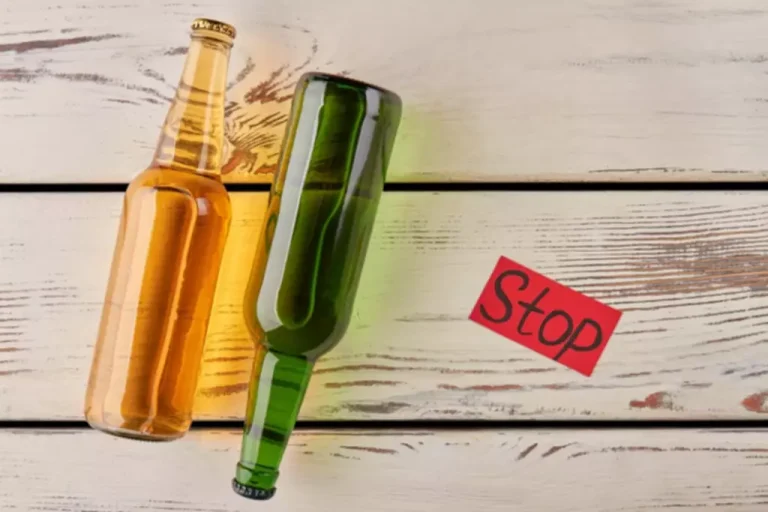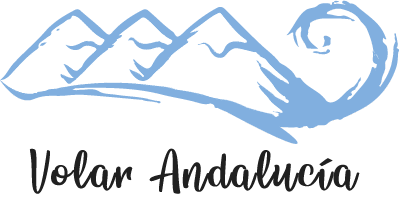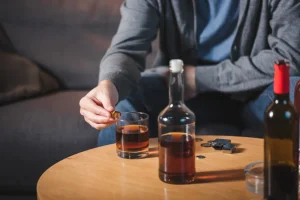
Some people can overcome physical dependence to a drug without committing to living a healthy life in recovery. Dry drunks, for example, are sober people in recovery who continue to engage in risky behaviors that increase their risk for relapse. Signs of a dry drunk include attending bars, refusing to seek therapy and obsessing over alcohol. Different types of treatment programs offer various levels of care to meet you where you are in your recovery process. A person may have started using alcohol or drugs to relax, unwind, or lift their mood.
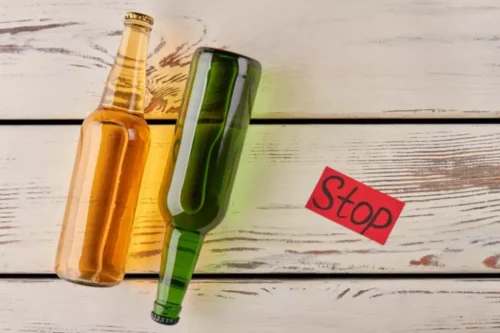
The “High-Risk Situation”: Relapse Triggers
Note that a relapse can also be trading in one addiction for a different one. Or you could engage in behaviours which could be just as harmful, such as substance abuse. At this stage of the relapse, the individual is consciously thinking about using again. And once the recovering person has decided to return to their substance of choice, it’s just a matter of time before they do so.
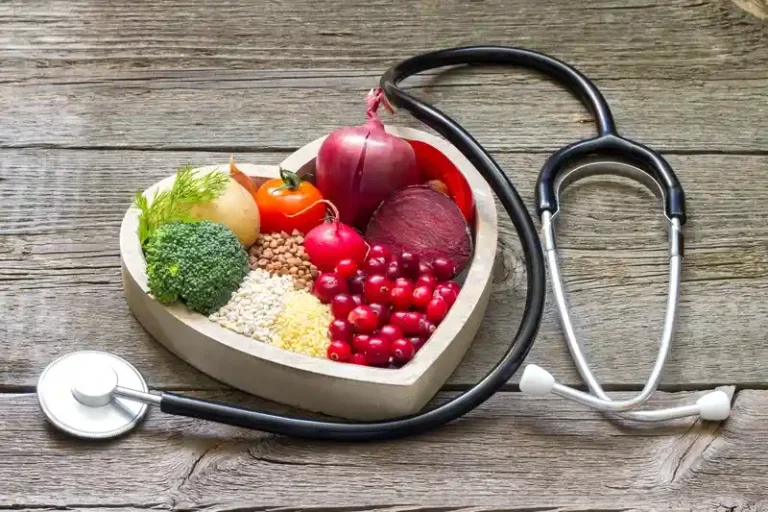
Recovery is a Lifelong Journey
These supports can offer you both emotional comfort and practical advice at a moment when you might be feeling particularly vulnerable. If you have a sponsor or a therapist, inform them about the situation as they can provide guidance tailored to your specific circumstances. They live with spouses who use or drink, or they keep the same group of friends. In some situations, people must end relationships with others to fully recover and live healthy lives.
Most Common Risk Factors for Relapse
Repair any relationship damage, and remove negative influences and enablers. Set realistic expectations of yourself, and celebrate wins, no matter how small. Continue building small positive habits that support the bigger picture lifestyle of recovery. Addiction is so incredibly complex, and so are you as a human being. You’re changing and learning and growing every single day, and unfortunately, so is your addiction. It takes consistency and determination to find the right recovery program for you, and oftentimes that requires outside help.
- This step may be particularly tough, especially if you’ve hurt your friends and family members with your addiction in the past.
- Surrounding yourself with people who encourage your sobriety and respect your journey is essential.
- If family and close loved ones educate themselves on recovery and relapse, they can look for early warning signs and monitor their loved one in recovery.
- For example, someone trying to control their drinking, who had been drinking according to relapse could result in a session of binge drinking.
- Work on adopting a healthy lifestyle that includes regular exercise, a balanced diet, and plenty of sleep.
A proper and revised relapse plan will help you stay sober following a relapse. Write or journal what to do after a relapse about the experience, and what triggered the relapse. Write this plan in detail and include the coping mechanisms that haven’t worked for you, but also include the ones you are going to test out in the future. Understanding the cause of relapse can help patients avoid triggers.
